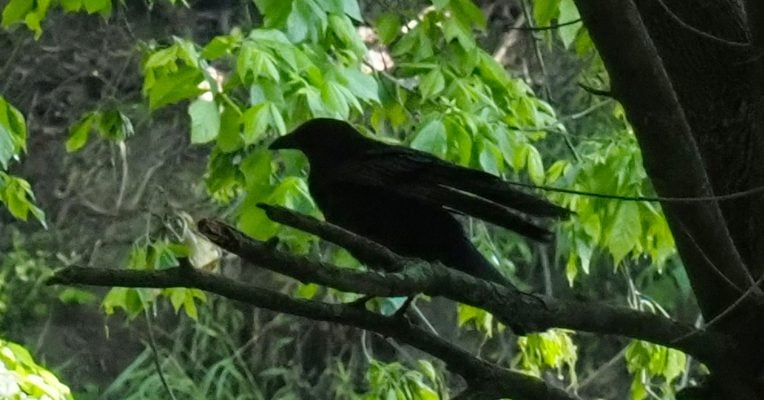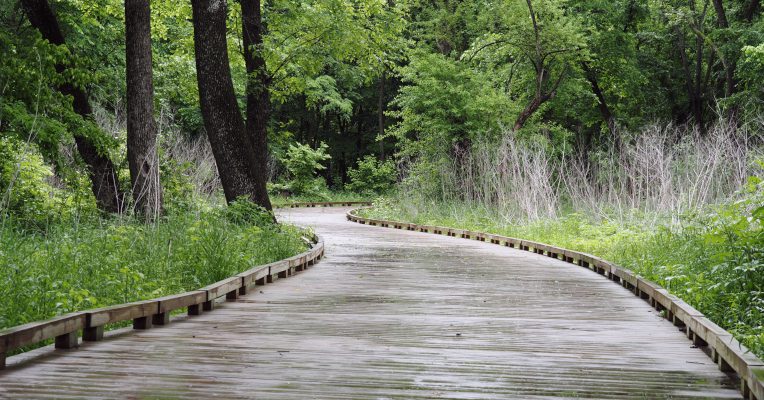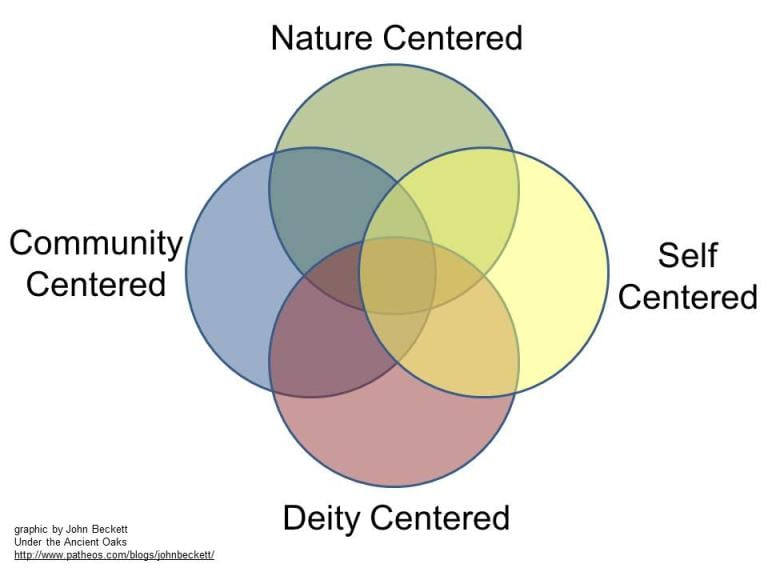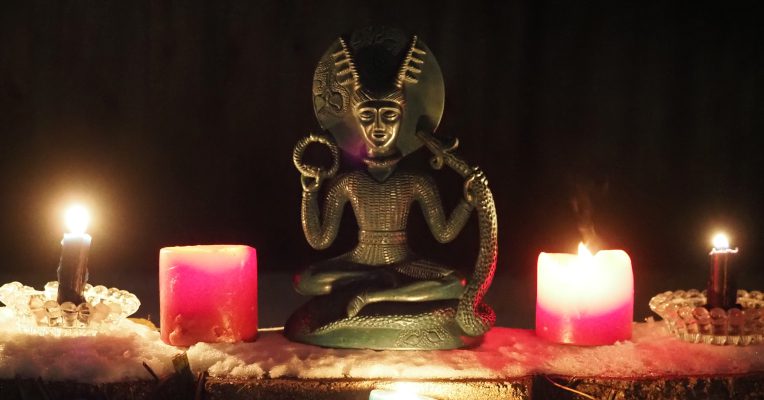Fellow Pagan Lynne Cantwell asked how we can explain Paganism to those who are genuinely curious but religiously ignorant.
I had a friend ask me if what I did was actually a religion. She thought it was a philosophy or an ideology or something. I explained that no, it’s a religion, even though we don’t have a holy book or brick-and-mortar churches, and that I follow several Gods. I’m not sure she got it.
A lot of these folks profess to be atheists and are quite antagonistic toward Christianity. I don’t want to get too deep into theology, lest I be accused of proselytizing – which I have no interest in doing. But they’re asking. And it frustrates me that they see only two options: believe in the Christian God or believe in nothing.
Lynne’s take on Paganism is here.
My first impulse is to hand these people a copy of my book The Path of Paganism. It is, as the subtitle indicates, an experienced-based guide to modern Pagan practice, and it does a good job of building a case for why Paganism is a meaningful, helpful, and reasonable religion.
However, most people who ask “what is Paganism?” aren’t looking to read a book. They want you to explain everything in under a minute. They want a creed, or perhaps a mission statement.
For those who demand a sound bite answer, I say that Paganism is 1) seeing the Divine as many Gods of all genders, not just one male God, 2) seeing the Divine in the rhythms and cycles of Nature, and 3) a resonance with the beliefs and practices of our pre-Christian ancestors.
Still, there’s no way to truly describe an entire religion in under 50 words. So for those who are willing to have a conversation over a glass of wine or a cup of tea, I offer this guide to explaining Paganism to those who are genuinely curious (i.e. – they want to learn for the sake of learning, not so they can proselytize) but who have some inaccurate and unhelpful assumptions about what religion is and isn’t.
Christianity is not the standard for all religions!
The only religion most people in the West know is Christianity. In the U.S., they mostly only know Protestant Christianity, with its emphasis on the authority of the Bible and the primacy of belief. And so when they encounter a new religion, their first question is “what do they believe?” and their second question is “what is their holy book?”
Some years ago, I spent several minutes explaining Paganism to someone. I talked about many Gods and the divine in Nature. I talked about the Sun and the Moon, the land and sky and sea. I described how my daily practice connects me to my Gods, to my ancestors, and to the land where I am.
At the end of all this, he said “what I really want to know is how does Paganism say you get to heaven?”
Terminology aside, he assumed that the goal of any religion is ending up in the good place after you die and staying out of the bad place. As though there are only two possibilities. As though the afterlife is more important than this life.
You will occasionally see people saying that Buddhism isn’t a religion because it doesn’t have a God. You’ll see other people saying Islam isn’t a religion, although that’s usually driven by political ideology. More subtly, you’ll see anthropologists and other social scientists describing tribal beliefs and practices as “superstitions” rather than as actual religions (most contemporary social scientists do better, but much of the late 19th and early 20th century work that was helpful to the modern Pagan movement is guilty of this).
Even Christianity is not monolithic. Southern Baptists, Roman Catholics, and the United Church of Christ are all part of the Christian tradition, but they believe and do very different things.
So the first thing people need to learn is that religion is much broader than what they’ve always assumed it is.
Religion is about what you do, who you are, and whose you are
Belief has a place in religion. But for most people in most of the world throughout most of history, religion is not about which set of supernatural propositions you affirm and which ones you reject. Rather, religion is about what you do, who you are, and whose you are.
What you believe is important. What’s more important is what those beliefs motivate you to do: especially how they motivate you to live in harmony with Nature, and with your fellow humans.
Our religion tells us who we are. Paganism tells us that we were not placed on the Earth, we grew out of the Earth. The Earth is our Mother. We are one part of Nature: not the head and not the center, but one part among many.
Our religion tells us whose we are – it tells us where we belong. Paganism says we belong to our ancestors, without whom we would not be. It says we belong to the Earth from whence we came, to the Sun that sustains all life, and to the Moon that fascinates and inspires us. Most importantly, it says we belong to each other: to our families of blood and of choice, to our communities, and to all of Life.
The Four Centers of Paganism
Paganism is like Christianity in that it has many different variations. Some years ago several of us took a religious studies approach to figure out how we could best define Paganism. We came to the conclusion that while you can’t define Paganism, you can describe it.
Paganism isn’t an institution – it’s a movement. Institutions have boundaries – movements have centers (ideas and concepts people gather around) and directions (where they’re moving). John Halstead came up with the idea that Paganism has four centers – others took that idea and expanded on it. This post from 2014 titled The Four Centers of Paganism describes it in depth and links to other posts on the four centers.
Each center of Paganism is a “place” where people find the Divine, however they understand it.
Nature-centered Pagans find the Divine in Nature – their primary concern is the natural world and our relationship with it. They may be theists or non-theists. It includes animism, the idea that everything is not a thing but a person, who we can relate to as persons. It has a strong respect for science, and a strong concern for the Earth.
Deity-centered Pagans find the Divine in the Many Gods – their primary concern is forming and maintaining relationships with the Gods, ancestors, and spirits, through acts of devotion: worship, offerings, prayer, and meditation.
Self-centered Pagans find the Divine within – their primary concern is to make themselves stronger, wiser, more compassionate, and more magical, so they can be of greater service to the world.
Community-centered Pagans find the Divine within the family and the community – their primary concern is maintaining harmonious relationships and preserving sacred traditions. It usually includes some form of ancestor veneration.
When we started discussing the Four Centers, I called myself a Nature centered and Deity centered Pagan. Eight years later that’s still accurate, but the Gods are the primary focus of my practice.
OK, but what is Paganism to you?
There are many Gods, who are the mightiest of spirits. They are individual persons, not metaphors or archetypes, and not aspects of one God. The Gods will speak to us, if we will listen. Such communication is usually subtle – Gods have no need of spectacle.
I have oathed relationships with Cernunnos, Danu, and the Morrigan. There other deities who I worship and work with on a regular basis, more I interact with on occasion, and still more I do not know. My service to Them is among the most meaningful aspects of my life. My life is better with Them in it.
It is good to honor our ancestors. We owe a debt of gratitude to them, for without them we would not be. Some day we will be ancestors. My daily prayer is that I will live so as to be worthy of the honor of those who come after me.
We are part of Nature. Science tells us that life evolved once on Earth. Every living thing – every living person – is related. Nature isn’t all about us, and while we have the right to modify our environment, we have no right to do so to the permanent detriment of other species.
Nature is good. Nature is beautiful and terrible, life-giving and life-taking, and it is good.
There is more to life than the ordinary world. We live on after death, not forever in some good place or bad place, but for a time in the land of the Gods and ancestors. And then we are reborn into this world, to continue learning and growing.
There’s so much more to my Paganism, but those who are curious but ignorant don’t need to be overwhelmed. They need to know what Paganism is to you.
This is what it is to me.
Hold loosely but practice deeply
The theological and doctrinal claims of all religions are inherently uncertain. We don’t know who’s right or to what degree. Some choose to make claims of certainty that can’t be substantiated. Some decide that since they can’t be certain, they’ll just ignore the whole question of religion.
I prefer a third approach. We choose the path that calls to us – we believe what our hearts and our heads tell us is true. While we hold those beliefs, we follow them as deeply as we can.
But we remain open to new information, new experiences, and new interpretations. If we find reason to think that our beliefs are untrue or unhelpful, we change our beliefs. We change our practices.
Does your religion – or lack thereof – help you live a better, fuller, and more connected life? Does it inspire you to build a better world here and now? Does it help you deal with the immensities of life, with birth and death, with change and loss?
If it does, then you’ve found the right path, and I’m happy for you.
For me, Paganism does all these things. That’s why I’m a Pagan.





















